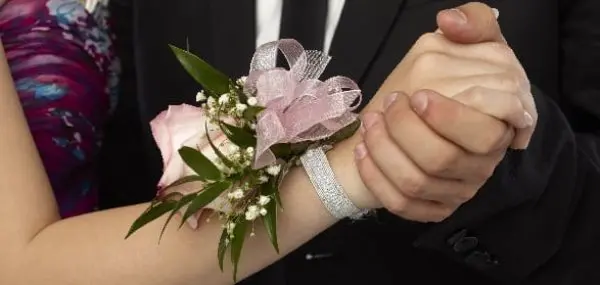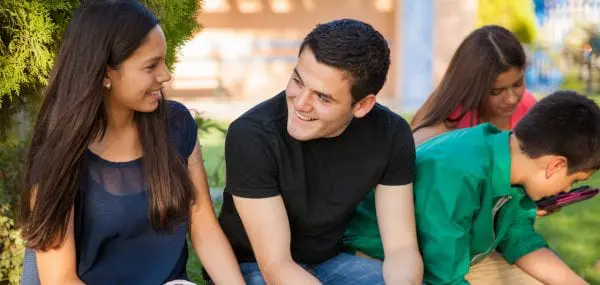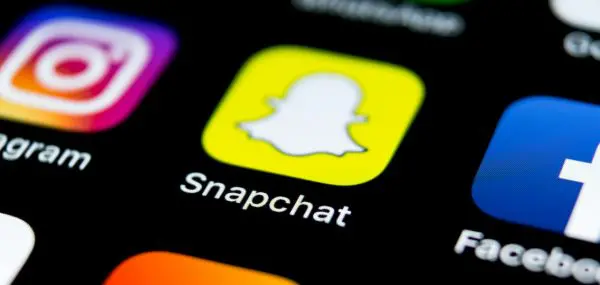COVID slowed, but didn’t stop, my 8th grade daughter’s adolescence.
“Mom, what do you think about dating? We’re talking about it in class.”
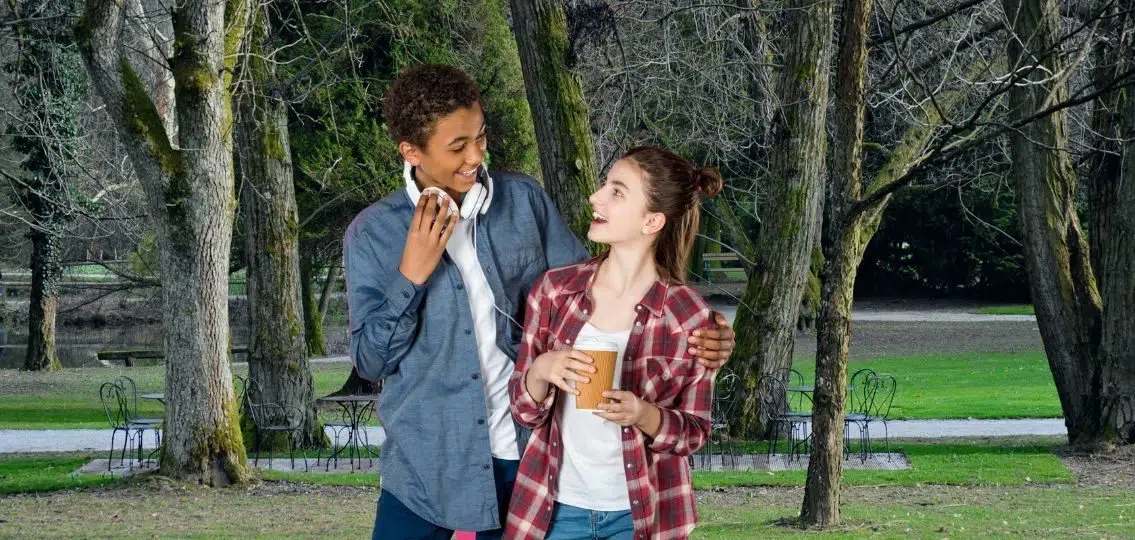
Online class, that is, which my 14-year-old daughter Brooke attends sitting at her desk in her darkened bedroom, surrounded by candy wrappers, dirty socks, and a few stuffed animals from childhood.
Meanwhile, I’m at my desk two doors down the hall. Brooke’s 8 a.m. text caught me off guard. Who was the 8th grade PE teacher asking such a ludicrous question to my teenage daughter about dating so early?
After taking a deep breath, I voice-texted Brooke a bumbling reply that avoided answering her question. “I’d be happy to talk about this topic sometime. Could discuss later with Dad maybe. Why are you asking?”
She replied, “Never mind. We can talk about it later.”
Later! When? When she finally goes back to in-person school? When she tells us about a crush she has? Or asks to go the movies with her “friends”? When she gets an STD?
In normal times, we would likely have discussed some aspect of dating with our teenage daughter already.
Brooke would probably have attended a school dance or been invited to a classmate’s Halloween party.
Later that morning we made our stay-at-home lunches together in the kitchen: Brooke, her usual tomato and avocado toast and me, reheating my usual leftovers from the previous night’s dinner. I asked if she had any specific questions about dating.
“No, Mom. Nobody’s gonna wanna date me anyway.”
“Oh, they will and you them. Don’t worry.” I was partly giving reassurance to myself. Stuck in our insular, pandemic universe wearing the same leggings and zipper cardigan every day for a year, I don’t feel remotely datable to my husband. As a teen girl, and battling occasional face breakouts, who can blame her for feeling a little insecure?
Pressing Pause
In many ways, the pandemic has pressed pause on my daughter’s life.
When COVID hit, in-person social interaction with peers was put on ice. To further add to her dystopian middle school experience, we moved from New York City to Northern Virginia just outside D.C. last September right at the start of 8th grade. Still in mandated virtual learning, she’s never even set foot in her new, huge public middle school down the street.
No fresh start. No group sports. Just hours behind a screen in a tie-dye hoodie and pajama bottoms.
In a school setting, Brooke would be developing independence, self-esteem, and navigating puberty and social life. The real world is just not the same as the virtual one, where appearances can be manipulated and subtle communication signals are lost.
“Maybe being virtual has spared her some rejection and upset,” my husband said to me the next morning when we discussed our teenage daughter dating while she slept upstairs. Is it possible that missing the social embarrassments, teasing, and rejections of 8th grade might be good for her? We wondered if she’d benefit from that notch more of maturity and be less vulnerable to the slings and arrows of teen angst when she gets to high school next fall.
On the other hand, the toughness one gains from surviving middle school isn’t something you can learn on Zoom.
Though we had several introductory talks about sex, drug use, and vaping starting in 5th grade, the discussions were safely removed and hypothetical. The next generation of these conversations will have to be tied to the here and now. Like when she asks if we can drop her off at the mall to meet her new crush or spend the night at the house of a friend we don’t know.
Pressing Forward
Still bothered by our unfinished dating conversation, one afternoon I suggested a walk so I could talk to my teenage daughter about dating. These outings usually result in less fraught mom-teen girl conversation (aka loud bickering, tears, and then hugs) than we often succumb to while locked in the house or car. As we stomped along the muddy creek path in our quiet, suburban neighborhood, I asked her what her classmates had to say during that PE class.
“We only really talked a bit about dating. The teacher mostly wanted to tell us what sex trafficking was. All of us agreed we were more concerned about having to get thick glasses by the time we’re 20 from all this screen time than dating.”
This is where our 14-year-old experiences most differ.
While my peers were looking forward with optimism, hers are looking forward with wariness and fear.
At Brooke’s age, I was growing up in progressive San Francisco and already hyperaware of racial justice, environmental conservation, and addiction issues. And yet, compared to hers, my teen years were relatively carefree. There was hope, economic growth, an assumption our future was going to be better than our past. In many ways, we felt immortal. The future was open, and society was just waiting for me to join it. I did not spend my 8th grade always feeling the weighty, overwhelming existential threats my daughter does.
Her generation feels the burden of the many crises facing our world—climate change, persistent racial and economic injustice, and political unrest. No wonder dating and class popularity aren’t her only concerns. But when she turns 50 and confronts another global calamity, her stolen 8th grade may actually prove an asset.
These turbulent times will have taught her a resilience and deep appreciation of things I took for granted.
Maybe that’s why I love when the doom and gloom of the world recedes, and she tells us about the sleepover movie marathons that she and her online girlfriends are planning to have as soon as possible. My daughter has virtually connected with two new girls from her new school, and they regularly chat on video calls. They even started a workout program together, simultaneously watching an online instructor while giggling and complaining about how tough the moves are. During their calls, they also surf TikTok and complain about homework.
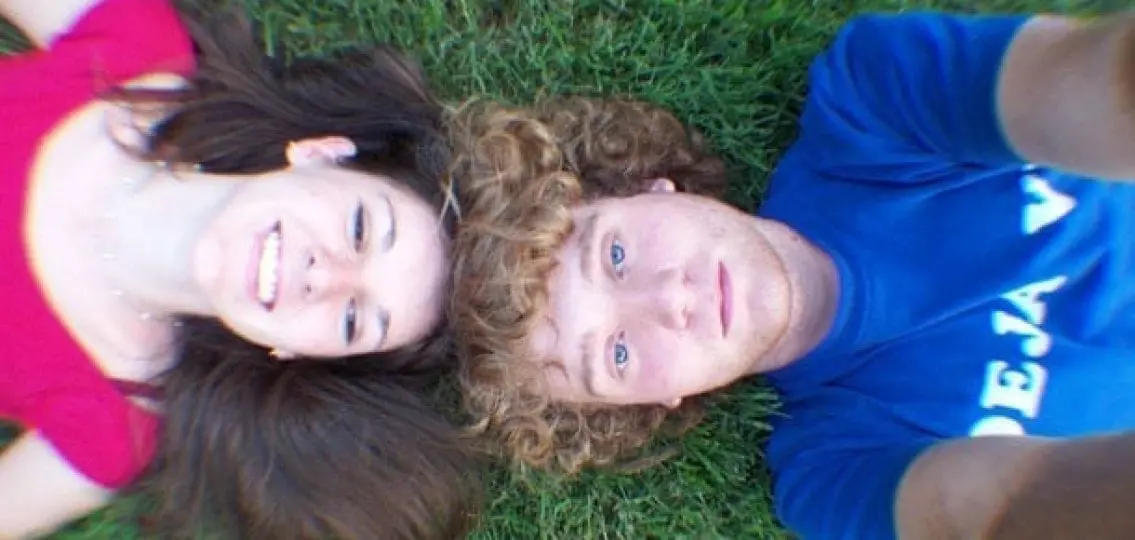
And now, our local schools are starting to reopen. Looking ahead, she’s excited to join the high school theatre department and play field hockey. She says she cannot wait to get her driver’s license in two years so she can “do stuff” on her own. And yes, she looks forward to going out on dates.
![b&b for magazine[14939] Author Bridget Baiss and daughter headshots smiling in backyard](https://yourteenmag.com/wp-content/uploads/2021/03/bb-for-magazine14939-1135x540.jpg.webp)
